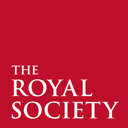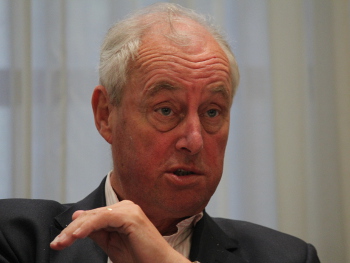 Bishop Hill
Bishop Hill Diary dates, CCS edition
 Oct 18, 2015
Oct 18, 2015  Diary dates
Diary dates Sense About Science has an online Q&A on the subject of carbon capture and storage later this week.
The UK is committed to reducing greenhouse gas emissions by at least 80% by 2050. Achieving this target will undoubtedly require a decreased reliance on the burning of fossil fuels. However, another question has been garnering more and more interest: is it possible to make coal and gas cleaner?
Carbon capture and storage (CCS) technology extracts the waste carbon dioxide from power plants before storing it deep below the earth’s surface. Supporters claim that CCS can capture 90% of the CO2 produced from burning coal and gas, while the IPCC has highlighted the considerable potential of CCS for mitigating greenhouse gas levels over the coming century.
But CCS certainly isn’t the finished article. Only a handful of CCS systems of commercial scale are currently in operation globally, and numerous projects have been scrapped in the last few years. Opponents argue that CCS is too costly, encourages fossil fuel burning, and diverts money away from other avenues of carbon mitigation. Some have also raised concerns over the reliability of the carbon stores: what happens if they leak?
To help make sense of carbon capture technologies we're hosting a live online Q&A on Thursday 22nd October 2015 between midday and 1pm. Our expert panel (Dr Niall MacDowell, Dr Clair Gough and Professor Colin Snape) will answer questions. How does CCS actually work? Will it ever be affordable? Is it safe to keep the captured CO2 underground?
If you want to ask a question then contact us via Twitter, @senseaboutsci using #energypanel, email us at energy@senseaboutscience.org or use our online form.













